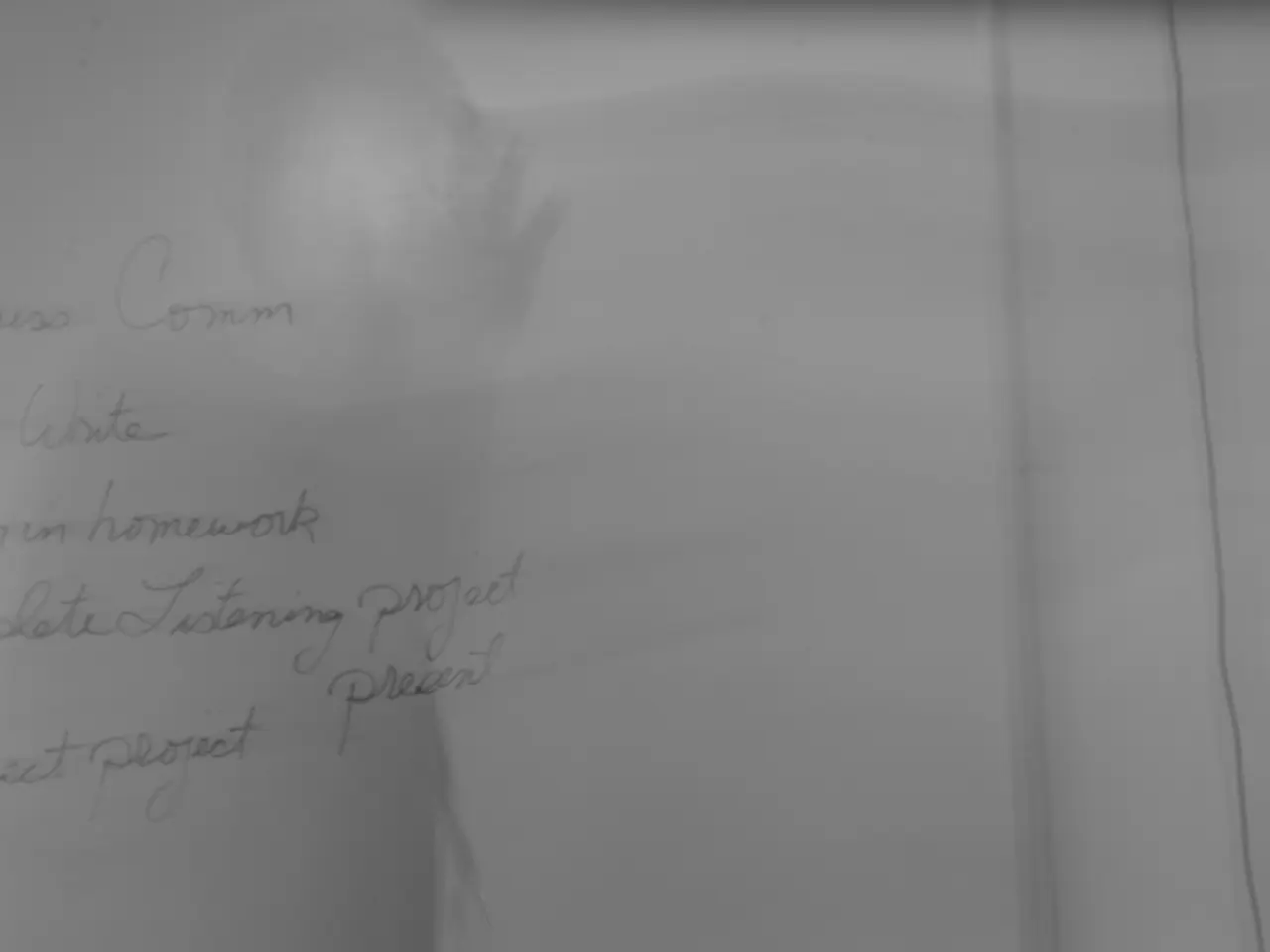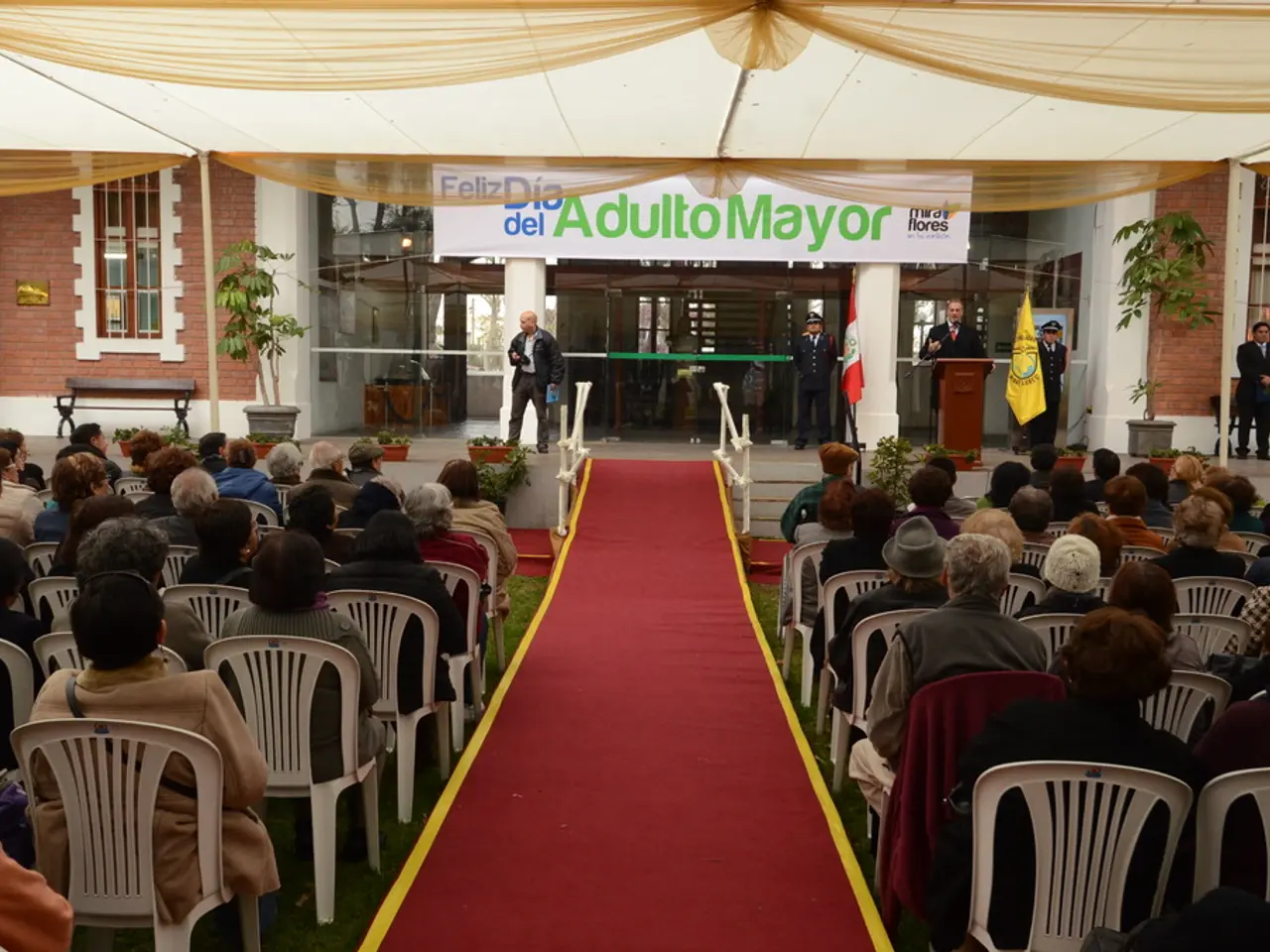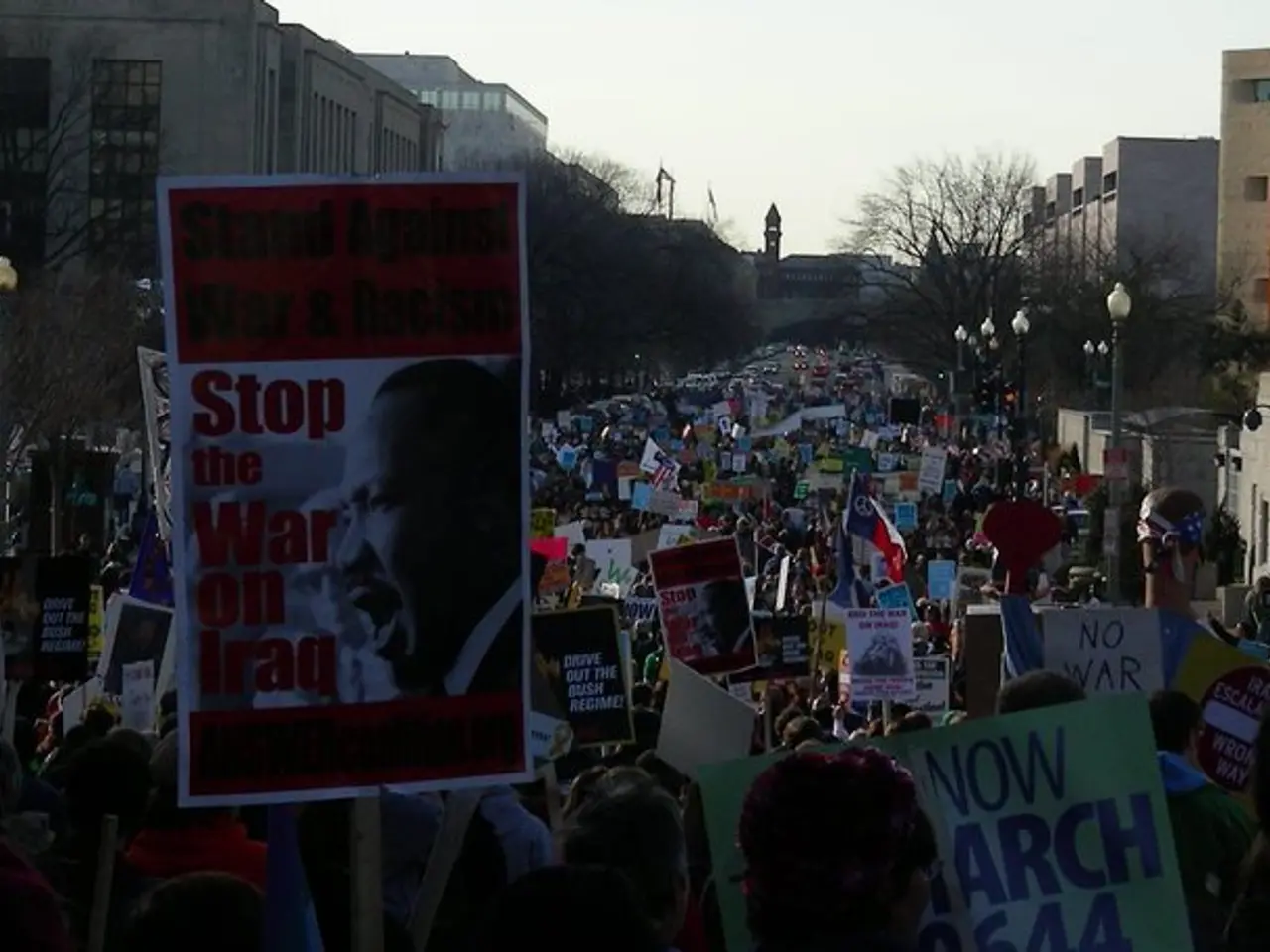Justice Department petitioned for comprehensive restoration of former judge Baltasar Garzón, as per prosecutor's office request
In a significant development, the United Nations Human Rights Committee has publicly condemned the arbitrary sentencing of Judge Baltasar Garzón in July 2021. This condemnation forms part of the Committee's final observations on Spain's human rights record.
The UN's opinion strengthens international calls for full reparation in Garzón's case. However, as of mid-2025, detailed public reports about concrete reparative actions or state responses have yet to be widely noted.
Judge Baltasar Garzón, a renowned magistrate in Spain with nearly 30 years of experience, has been at the forefront of several high-profile cases. Some of his cases, such as the summary of the GAL, the prosecution of dictator Augusto Pinochet, and the suspension of activities of Batasuna, garnered significant media attention. After leaving the National Court, Garzón has continued his work as an international lawyer. Currently, he is coordinating Julian Assange's defense in the Wikileaks case.
The UN's condemnation is a significant step that acknowledges failures in Spain's justice system regarding past dictatorship crimes. It reinforces demands for judicial and reparative measures not only for victims but also for human rights defenders like Garzón, who was involved in investigating crimes from the Franco era.
The case of Judge Baltasar Garzón is emblematic of the struggle between Spain’s judicial system and the legacy of dictatorship-era amnesty laws that impede full historical justice. The UN's opinion, which categorizes the sentence against Garzón as arbitrary, underscores the need for effective remedies and reparations for victims and victims' advocates.
The Public Prosecutor's Office has urged the Spanish government to comply with the UN's full reparation of Garzón, including the erasure of his criminal record, the execution of appropriate compensation, and the adoption of measures to prevent similar violations in the future. The Office has also requested that the UN's Opinion be published in the Official State Gazette (BOE).
As of now, no specific reparative developments beyond the UN opinion and its formal adoption have been revealed in recent reports. This indicates that further advocacy and monitoring are likely needed to ensure implementation.
[1] "UN Human Rights Committee Final Observations on Spain: July 2025" (link to the official document) [2] "The Struggle for Truth, Justice, and Reparation in Spain: A Case Study of Judge Baltasar Garzón" (link to an academic article) [3] "The Legacy of Dictatorship-Era Amnesty Laws in Spain" (link to a news article)
The UN Human Rights Committee's opinion on Garzón's case emphasizes the necessity for comprehensive reparations, reflecting a broader call for action in the field of policy-and-legislation related to average citizens and human rights defenders alike. Despite the UN's condemnation and the subsequent public calls for reparation, concrete measures have yet to be observed as of mid-2025.
The UN's categorization of Garzón's sentence as arbitrary emphasizes the importance of general-news stories, like his, that shed light on the ongoing struggle between Spain’s judicial system and the legacy of dictatorship-era amnesty laws, reinforcing the significance of continued advocacy and monitoring to ensure effective remedies and reparations for victims and victims' advocates alike.






